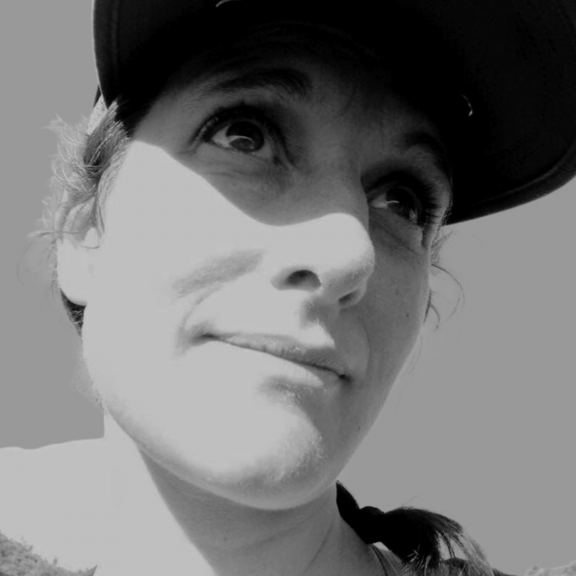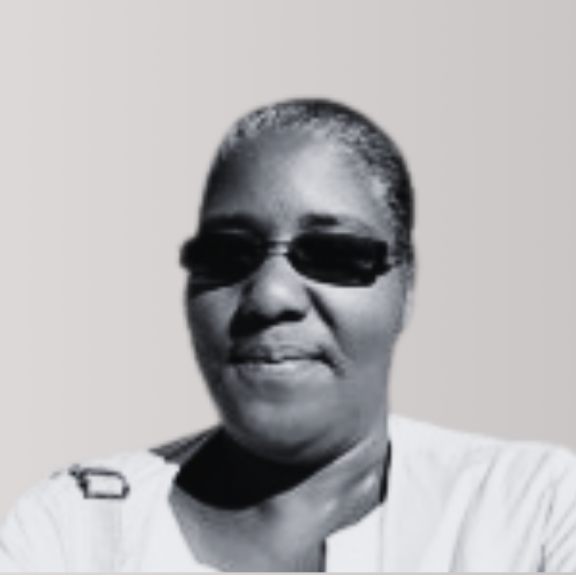Open Digital Cooperative
Our vision, mission and aims
Vision (the dream)
Our vision is for all public sector digital services to be accessible, evidence-based, and open source.
Mission (what we’ll do to realise our dream)
Our mission is simple: to improve the experience of citizens using public sector websites.
Aims (how we achieve our mission)
We aim to foster digital transformation through collaboration on open source products and projects.
We will save organisations time and money by developing a shared pool of:
- code
- research
- Expertise
We will encourage organisations to build on shared solutions, rather than solving problems that others have solved before.
Why we were founded
ODC was founded in January 2023 to run, develop, and ensure the financial sustainability of Localgov Drupal.
LocalGov Drupal is a community of digital professionals from councils and suppliers who built, and now help maintain open-source products for councils.
Previously LocalGov Drupal received government funding (through the Local Digital Fund) that was administered through a local council. Firstly Croydon Council and then Cumbria County Council.
When the funding ended the project needed a legal entity to create a bank account, to take subscription fees and pay our core team.
Councils and suppliers involved in the LocalGov Drupal project can now pay a voluntary subscription fee to Open Digital Cooperative to keep LocalGov Drupal going.
Subscription fees pay for:
- Development of the products
- Maintenance of the products
- Support for users
- Our community resources (such as Slack)
- Running community sessions
- Marketing of our products (and other communications)
- Other general administration
Together with participating councils and suppliers, we chose to register as a not-for-profit multi-stakeholder co-op, with an asset lock.
LocalGov Drupal is not our registered company name for two reasons.
Firstly ‘Drupal’ is under a trademark. Secondly, our cooperative is ambitious to provide open-source software to public sector bodies and third-sector organisations outside of local government.
The Open Digital Cooperative structure
Members
We are a multi-stakeholder cooperative. Membership is drawn from our council and supplier subscribers. They ultimately own the business.
Our members elect our board and vote at our AGMs.
Our members are:
- Agile Collective
- Annertech
- Bath & North East Somerset Council
- Big Blue Door
- Blackburn with Darwen Borough Council
- Bracknell Forest Council
- Brighton and Hove City Council
- Chicken
- Colchester Borough Council
- Croydon London Borough Council
- Cumberland (shared)
- Data Content Reach
- Essex County Council
- Friendly Digital
- Hart District Council
- Haringey Council
- Invuse
- Newcastle City Council
- Nomensa
- North Devon Council
- North Kesteven District Council
- Open Code
- Orion Web
- Plan Alpha Systems
- Rohallion
- Southwark Council
- The Confident
- Tipperary County Council
- TPX Impact
- Waltham Forest Council
- We Are Chicken
- Webcurl
- Westmoreland & Furness (shared)
- West Lindsey District Council
- Wirral Council
- Zoocha
The board
The Open Digital Cooperative board of directors meets 4 times per year. It is elected annually by our members.
The Open Digital Cooperative board is responsible for:
- Ensuring the financial sustainability of the project
- Working with the Subscriber Group and Core Team to transition from a government-funded to an independent organisation
- Working with the Subscriber Group on all strategic aspects of the project.
Our board is:

Will Callaghan, Friendly Digital

Finn Lewis, Open Code

Maria Young, Agile Collective

Mark Conroy, The Confident

Angie Forson, Southwark Council

Jamie Dixon, Wirral Council
Andy Broomfield, Brighton and Hove City Council
The core team
The core team works across LocalGov Drupal and other ODC projects. They are responsible for the day-to-day management of LocalGov Drupal, including the finances.
You can find a full breakdown of how we spend our money here.
They enact the strategic direction that is set by the board and report to the board every quarter.
The core team is comprised of:
- Product Lead, Will Callaghan
- Technical Lead, Finn Lewis
- Communications Lead, Tim Hunt
- Community Lead, Aaron Hirtenstein
- Development Lead, Stephen Cox
They have oversight of and are involved in all aspects of the project including:
- Finance (Invoicing, cashflow, budgeting and book-keeping)
- Business Development
- Membership and Community management
- Communications
- Product development (backlog group and content <> product session)
- Technical development (Merge Monday, tech drop-in)
- Procurement, recruitment and personnel
Subscribers
We also have a subscriber group that we consult on major decisions. They meet on an ad-hoc basis and make most decisions asynchronously.
The Subscriber Group is responsible for:
- Guiding Open Digital Cooperative
- Ensuring the good functioning of LocalGov Drupal
- Ensuring that our culture is open and collaborative and our people are happy.
- Conflict resolution
Transparency
We aim to be as transparent as possible. If after reading this site you still have questions then please don’t hesitate to ask and we’ll do our best to answer.
You can contact us at hello@localgovdrupal.org
The LocalGov Drupal products
Decisions on how we develop the core products (LocalGov Drupal CMS and LocalGov Microsites platform) are made by the Product Group and the Technical Group.
We focus development on user needs and, every year, develop a collective roadmap alongside our contributing councils.
The Product Group is responsible for:
- product governance and process
- setting the product roadmap and release dates
- releasing quality standards
- leading on technical direction and architecture
- compiling user research
The Technical Group is responsible for:
- leading on development processes and coding standards
- security reviews and maintenance
- conduct guidelines for committers
- resolving any disputes or issues related to the code
- creating documentation for new features